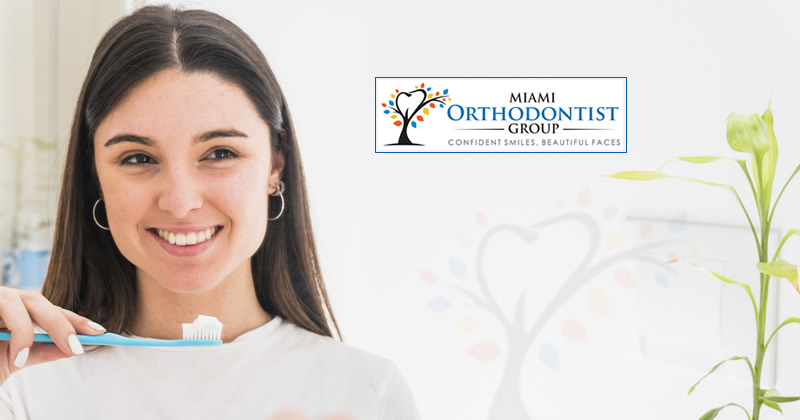Do you believe that learning how to pay attention to your teeth is basically a part of your growing up? Interesting, right? Though, when it comes to our teeth, lots of us still have a thing or two to pick up. These include recognizing us, the Miami orthodontist group. As well as Orthodontic Appliances, Fix Overbite, Clear Braces, Best Dental Implants, Dental Retainer, and Teeth Straightening In Miami.
Below are 5 secrets of Oral Health that you might not know, even after all these years.
1. Your teeth’s best buddy might not be your toothbrush.
Well, certainly! A toothbrush and a strand of floss used frequently. And sensibly will do miracles for your teeth. You must use both. However, your teeth’s primary border of resistance against what you put in your mouth is something that’s already there. Saliva is nature’s sterilizing tooth decay soldier.
If you have a dry mouth, getting a similar effect could be difficult. The shielding effects of saliva, the capacity of saliva to counter the harmful effects of sugar. If you don’t have enough saliva, you have an actual problem. Another good option: Keep a bottle of water within reach. It’ll do your teeth good.
2. Eating and sipping excessively may be damaging your teeth.
If you eat a huge old piece of cake as your desserts or that afternoon chocolate bar snack is a bit okay than the constant snacking or sipping that goes on in offices and schools. It’s not simply how much sugar or starch we eat; it’s how you eat.
Take note that the acids generated by the microorganisms that outbreak all that carbohydrate-loaded food you swallow even if it’s that portion of sugar in your morning coffee or that finely glazed doughnut is what get at your teeth. Hence, the more habitually you eat sugars and other carbs, the more regularly those acids get an opportunity to damage your teeth.
3. Surely, you can get excessive fluoride
The naturally stirring crystal fluoride can help stop tooth decay. That’s certain. How much fluoride is excessively being the question? As of ever-cumulative causes, comprising naturally stirring; fluoride implemented to community water supplies and what you acquire in mouthwash, and toothpaste, the U.S. Department of Health and Human Services suggested to restrict the amount of fluoride in public drinking water.
4. Toothpaste must be spat out, yet not essentially rinsed away.
Except merely being terribly gross, if you or a child in the house makes a practice of swallowing toothpaste, you or that child makes a risk of getting excessive fluoride.
It’s not required to rinse after that. You can rinse, but the longer the fluoride remains in contact with your teeth, the more effective it can have in stopping tooth decay.
The concept behind not rinsing is similar as it is for in-office treatments where dentists put a fluoride-unlikely gel, paste, or lacquer to teeth and always allow it to stay for nearly thirty minutes. Numerous people at higher threat can go through these treatments several times a year. Dentists also can recommend high-fluoride toothpaste or rinses.
5. Your teeth can be a gauge of your general well-being.
Oral health is a vital part of overall health. What people don’t understand is that people who have higher intensities of gum infection also have a higher level of a heart ailment. They also have a higher degree of low birth-weight babies and untimely childbirths.


